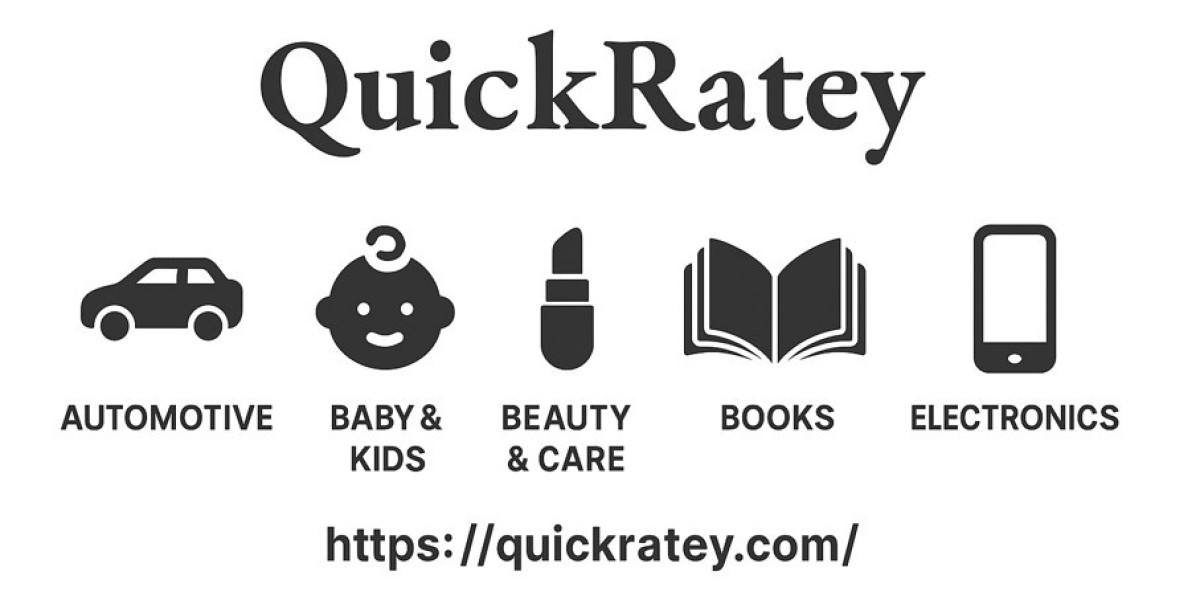In today’s fast-paced and highly competitive marketplace, consumers are flooded with choices—often accompanied by flashy ads, influencer endorsements, and biased online reviews. In this environment, Consumer Reports stand out as a trusted, research-based source of information that helps people make confident, informed purchasing decisions.
But what exactly are consumer reports, and why are they so valuable? Let’s take a closer look.
What Are Consumer Reports?
Consumer reports are in-depth evaluations of products and services conducted by independent organizations or consumer advocacy groups. These reports aim to provide objective, evidence-based assessments of how a product performs based on a variety of criteria such as quality, safety, reliability, ease of use, and cost-effectiveness.
Unlike promotional content or user-generated reviews, consumer reports are usually created through standardized testing in controlled environments, ensuring consistency and accuracy. They are designed to serve one purpose: helping consumers make smart buying choices.
Who Produces Consumer Reports?
The most well-known source is Consumer Reports, a nonprofit organization based in the United States. It is funded primarily through subscriptions and donations, which means it does not accept advertising and is not influenced by manufacturers or sponsors.
Other reputable organizations around the world, such as Which? in the UK and Choice in Australia, also conduct independent testing and publish similar reports. These groups exist to protect consumer interests and advocate for fair business practices.
What Do Consumer Reports Include?
A typical consumer report will cover:
- Product Testing: Performance data based on lab testing and expert analysis.
- Ratings and Scores: Rankings compared to competing products.
- Pros and Cons: Highlighting strengths and weaknesses based on objective testing.
- Reliability and Durability: Long-term performance expectations.
- Safety Ratings: Especially important for products like cars, electronics, and appliances.
- Price vs. Value: Is the product worth the cost based on what it delivers?
These reports may also include buying guides, tips, and updates based on consumer feedback and evolving standards.
Why Consumer Reports Matter
- They Cut Through the Hype
In a digital world where companies can pay for positive exposure, consumer reports offer a reliable alternative. They are rooted in facts, not advertising budgets. - They Protect Consumers
These reports can expose poor-quality products, safety hazards, or misleading claims, helping consumers avoid regretful purchases. - They Drive Better Business Practices
When companies know they’re being fairly evaluated by independent testers, they are more likely to improve quality and transparency. - They Empower Decision-Making
Whether you’re buying a smartphone, vacuum cleaner, or car, having detailed, objective information allows you to choose the product that best meets your specific needs.
Limitations to Keep in Mind
While consumer reports are incredibly useful, they’re not always perfect:
- Access May Require a Subscription: High-quality testing comes at a cost, and many detailed reports are behind a paywall.
- Testing May Not Cover Every Scenario: Although standardized, lab tests can’t always predict how a product will perform in every real-life situation.
- Availability May Vary by Region: Some reports focus on products available in specific countries or markets.
That said, the benefits far outweigh the limitations, especially for major purchases where the stakes—and costs—are higher.
How to Use Consumer Reports Effectively
- Compare Before You Buy: Don’t rely solely on one product’s rating—see how it stacks up against others in its category.
- Look Beyond the Scores: Read the full details to understand why a product earned a certain rating.
- Check for Updates: Product quality can change over time, especially with new versions or models.
- Use as Part of a Broader Research Strategy: Combine consumer reports with real-world user reviews for a complete picture.
Final Thoughts
In an age of information overload, consumer reports are a beacon of objectivity and trust. They equip buyers with the knowledge they need to make confident, value-driven decisions. Whether you're purchasing something as simple as a blender or as significant as a car, consulting a consumer report can save you time, money, and disappointment.
Being an informed consumer is no longer just an option—it’s a necessity. And consumer reports make that possible.






